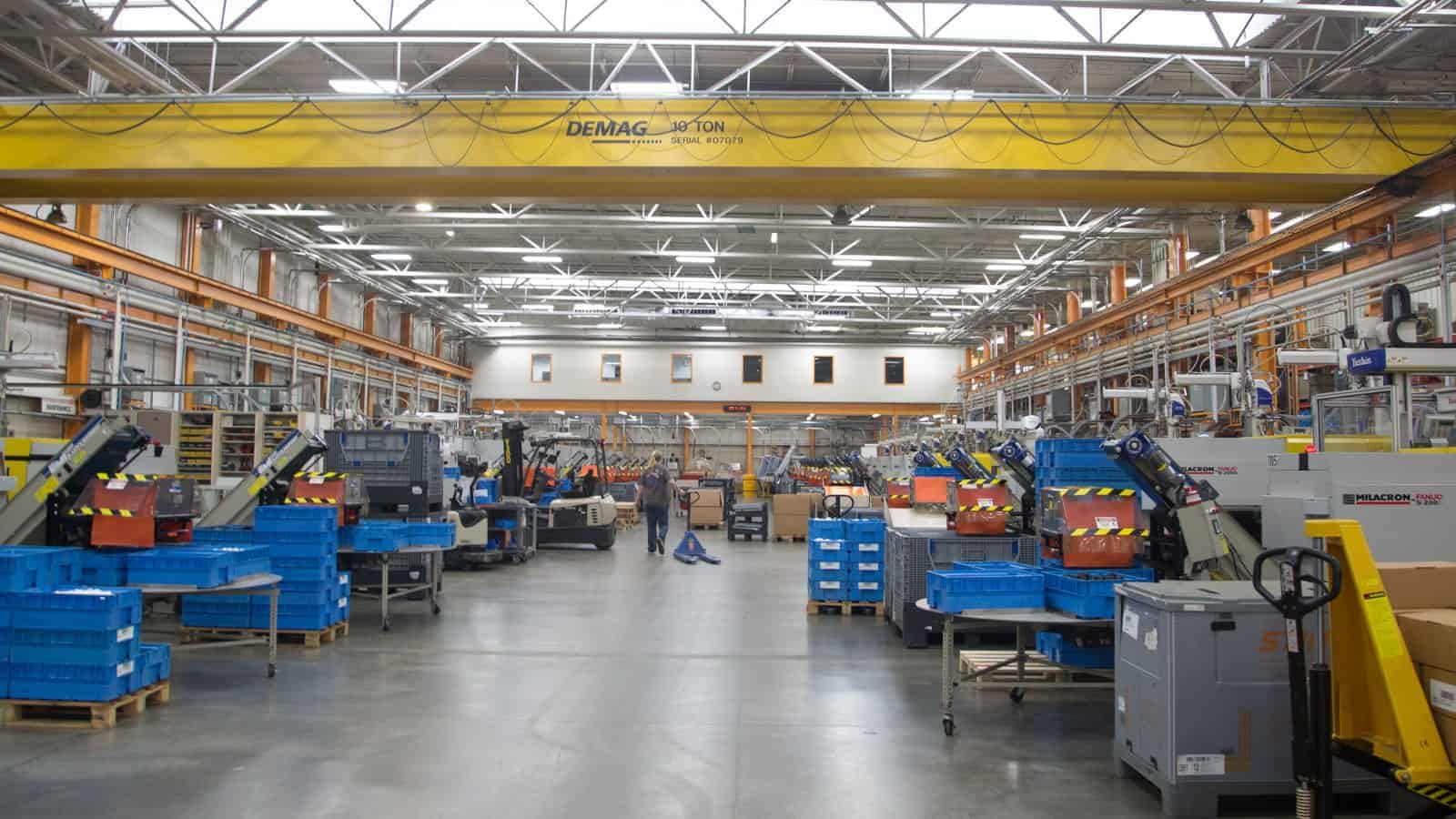Permitting Reform Would Unlock U.S. Potential, NAM tells Congress

Reforming the permitting process for infrastructure projects could raise standards of living in America, unlock the full potential of ambitious recent legislation and make us less dependent on hostile foreign nations—all while making manufacturing in the U.S. more competitive, NAM President and CEO Jay Timmons told lawmakers yesterday.
What’s going on: Timmons gave testimony at “Opportunities to Improve Project Reviews for a Cleaner and Stronger Economy,” a hearing of the U.S. Senate Committee on Environment and Public Works, where he stressed the need to fix the needlessly time-consuming, complex permitting system.
- “For manufacturers, permitting reform is essential for our ability to compete in the global economy,” he said. “If we want more critical minerals for chip manufacturing, more domestic energy development and transport . . . more manufacturing facilities and jobs back home, better highways, bridges, airports [and] waterways, then we need permitting reform to make them a reality in the near future.”
Cut the wait: There is no reason for projects to take a decade or more to get approval, Timmons said.
- “If Washington could streamline the process—like manufacturers do in our businesses every single day—we could do more for this country,” Timmons continued, citing a White House Council on Environmental Quality report which found that environmental impact statements take an average of four-and-a-half years to complete.
- Timmons noted that in the case of one project, permits “from the U.S. Army Corps of Engineers were delayed a year due to the failure of the U.S. Fish and Wildlife Service to complete a required informal consultation under the Endangered Species Act.”
What to do: Timmons urged senators to work together to realize the following manufacturing priorities for permitting reform:
- Consolidated permitting processes with enforceable deadlines
- Fast approvals for transportation infrastructure projects
- A commitment to developing homegrown critical resources
- A moratorium on federal-agency regulations prior to the implementation of current standards
- Congressional assurance that lawmakers will hold the administration to recent and future statutory streamlining efforts
Protecting our values: Leaner, more efficient permitting and a commitment to sustainability and other American values can go hand in hand—and that’s exactly what manufacturers want, according to Timmons.
- “Manufacturers have a deep commitment to environmental stewardship, and we do not believe corners should be cut,” he said. “We believe in protecting our community, our neighbors and our environment. Reform is about . . . ensuring that this country—a democracy rooted in free enterprise—isn’t outpaced or outflanked or overtaken by nations that don’t share our values, don’t respect the environment or don’t recognize the dignity of human rights.”
NAM in the news: Bloomberg Law previewed Wednesday’s Senate hearing and wrote about it afterward.
- The offices of Sens. Shelley Moore Capito (R-WV), Kevin Kramer (R-ND) and Cynthia Lummis (R-WY) highlighted Timmons’ Senate testimony following the hearing.
